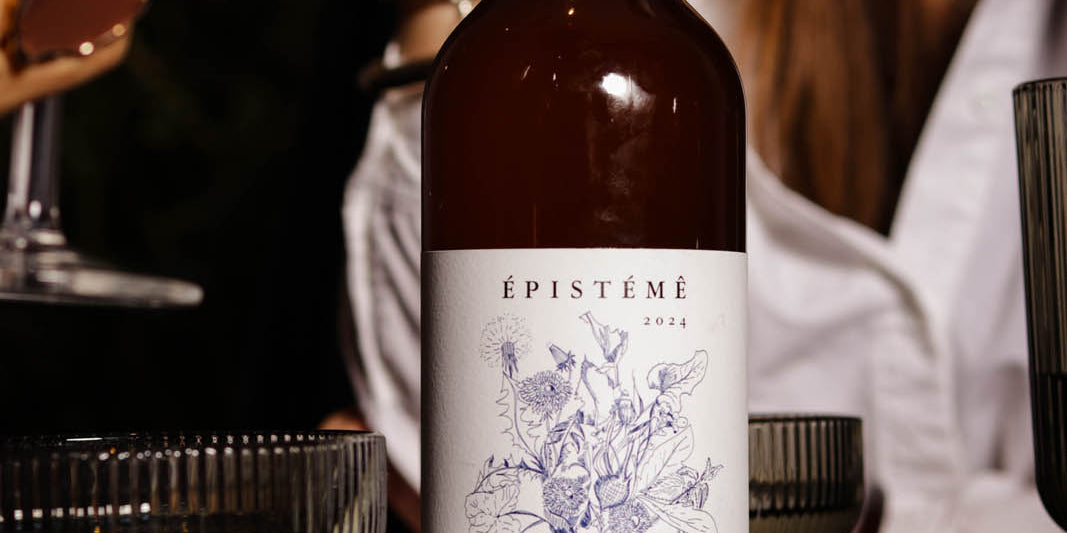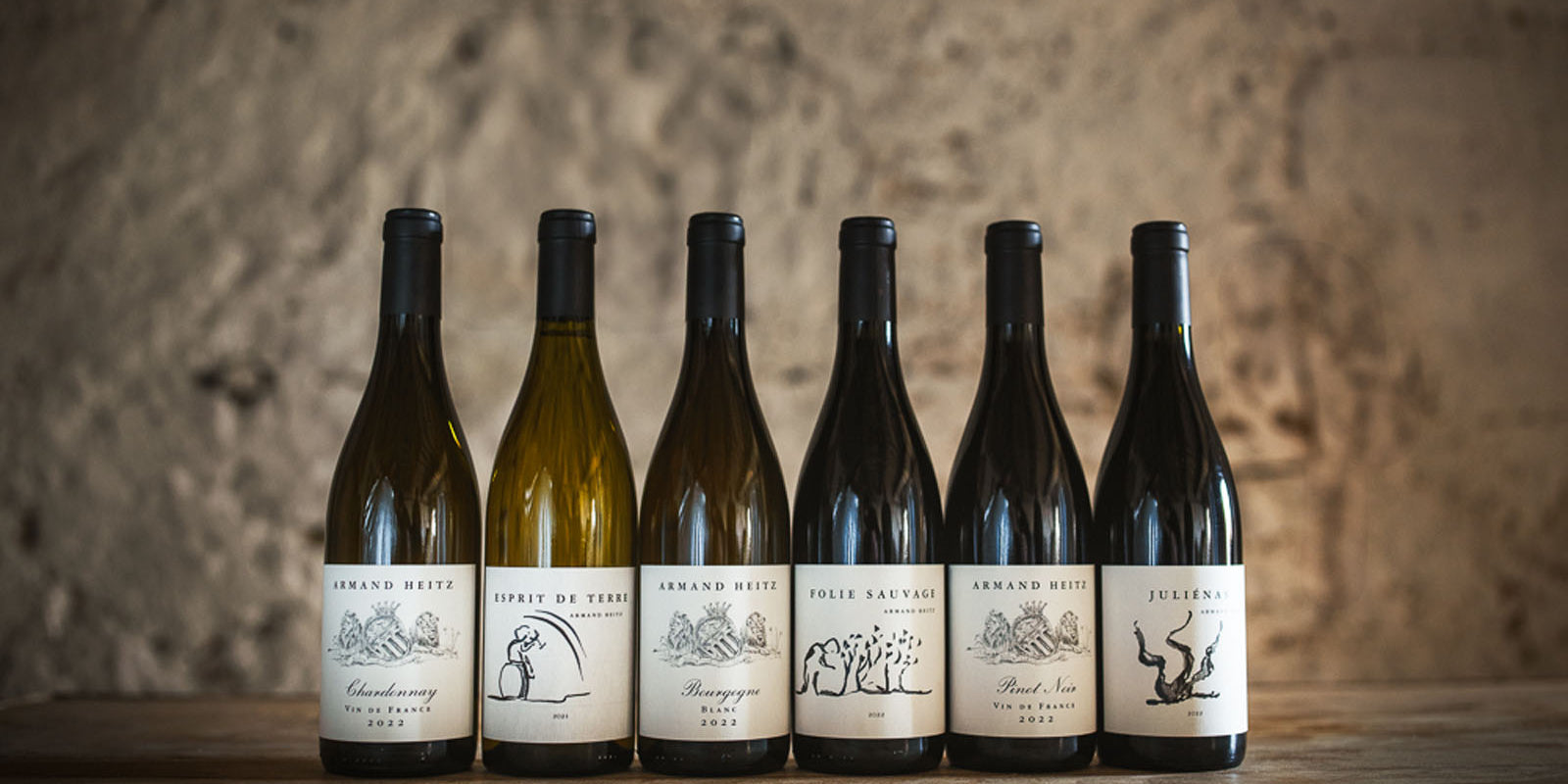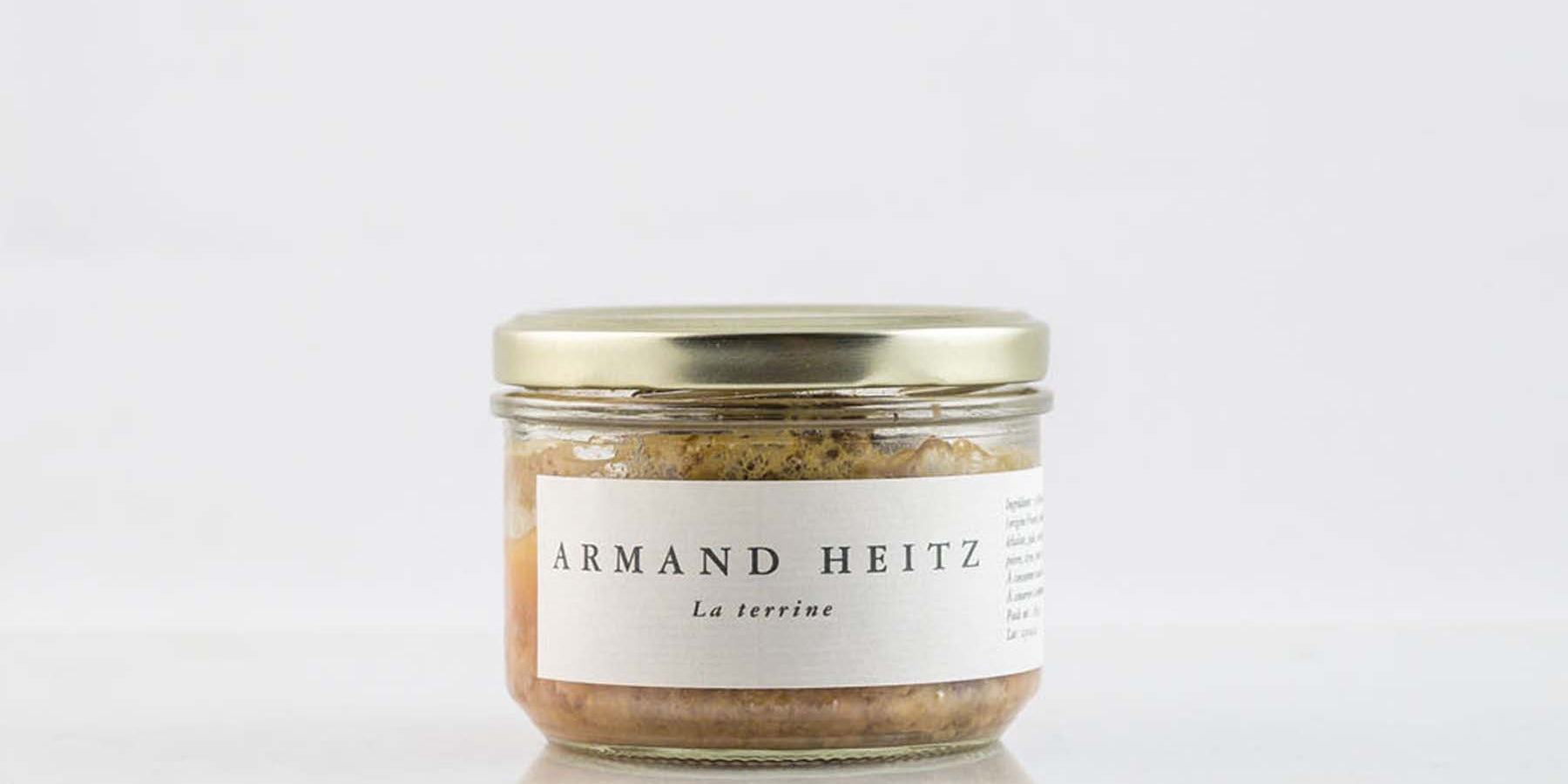In 2017, I realized that a wine estate, even covered with all the labels, is neither autonomous nor sustainable. This is how I wanted to diversify my activity with breeding in order to move towards a more virtuous agronomic model. With this farm project, I very quickly realized that the agronomic issues of the meat sector were the same as those of the wine sector. This is how I became a cattle and sheep farmer.

Farming is a combat sport
With a plummeting number of farmers in France and a strong desire for food sovereignty from governments, I thought taking over a farm would be quite simple. However, it took me 4 years of work to bring this project to fruition. At the end of 2020, I end up having a few phone numbers. Among them, that of Jean-Claude. Here is how he presents his project to me. Tired of 80-hour weeks, at the age of 54, physical fatigue is gaining ground and the fear of an accident or work stoppage worries him more and more. When you are a breeder, even with a leg broken by an animal, you have to go back to take care of it. Jean-Claude made the decision to sell and change jobs because the pleasure he had in raising his animals was diminishing.
Very quickly, during our discussions, the parallels between the two sectors are striking. In viticulture, we use grape varieties, clones, and rootstocks that have been selected for 60 years to meet market demand, standards and economic guidelines. Today our vines are sick as soon as they are planted. It is difficult to imagine a current plantation that will age for more than 20 years. In breeding, I realize that the observation is the same. The breeds were selected to meet market demand (tender meat, not too strong taste, high meat yields).
Only, nature does not like our directives. Calvings become complicated and the susceptibility of animals to diseases increases. Each time, a new product or a new machine is developed and it is up to the farmer to invest and try to repair the errors of international agricultural governance.

"Meat from nowhere"
In the past, animals were slaughtered and distributed locally. Customers knew the work of the farmer who raised the beast. In the name of “sanitizing well-being”, the animals are slaughtered in slaughterhouses sometimes far from the farm before being taken to Rungis and then transported to a point of sale. Can you imagine buying a bottle of wine without knowing which winemaker produced it or what region the wine comes from? No! Well, that's what you do by buying meat from a large number of butchers, from almost all restaurants and, needless to say, from supermarkets.
Food standards have led to an almost total loss of traceability on leaving the slaughterhouse. It's a bit like if a bottle of Château Margaux and a Romanée Conti found themselves unlabeled side by side in a wine shop. Like an oenologist, a breeder prepares his animal before slaughter so that it is the most interesting in taste. Animal nutrition is crucial. It is this work that will determine the taste characteristics of one animal compared to another. The grass that grows in the Morvan is not the same as that which grows in the Charolais or in Bresse. The meat will also necessarily be different.But obviously, we care more about the well-being of a bunch of grapes than that of a cow

Exceptional know-how
These are the challenges that I decided to take up with this project. Eat better and eat healthier is a slogan that advertisers have appropriated to win over our naivety. I can tell you that in the fields, we are still very far from being able to claim to provide better, healthy and sustainable food.
After a year of administrative paperwork, Jean-Claude and I are now partners. I was able to convince Jean-Claude to continue his job for which he has exceptional know-how. A member of the team came to support in order to reduce his workload. Finally, we sell directly to starred restaurants or those concerned about the quality of their products in order to better promote our work.
Armand Heitz
.









